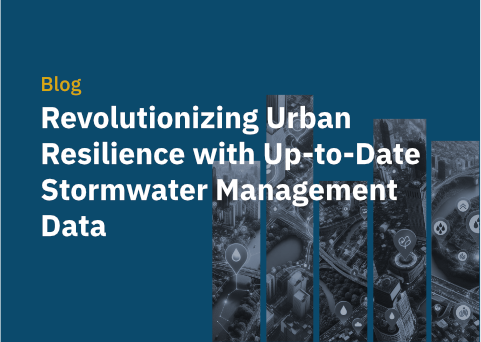Standing on my porch, with a glass of self-collected rainwater in hand, I am struck by a profound realization: clean water, a fundamental necessity of life, cascades freely from the sky, directly where it’s needed. This act of harvesting rainwater symbolizes the untapped potential that lies in reimagining our relationship with it. This revelation propelled me to share my insights through a TEDx Talk in Santa Cruz last month.
Our Wasteful Relationship with Water
In the United States, we use water without much thought to its journey or cost. A typical American household consumes over 300 gallons of clean water daily. In California, we spend 20% of our energy just to pump water. Yet, we ignore the free resource falling from the sky.
The Problem with Stormwater
Rain cascades over urban concrete and asphalt, sweeping trash, microplastics, and pollutants directly into our waterways, thus becoming a rapidly growing source of water pollution. These hard surfaces prevent rain from soaking into the ground, hindering the greening process and the recharging of aquifers beneath our cities. Instead of being a valuable resource, this rainwater becomes a burden, causing flooding and pollution.
Embracing Sustainable Practices
To address this, I advocate for three key sustainable water practices:
- Capture and Reuse: Collect rainwater for various needs.
- Infiltrate and Recharge: Allow rain to penetrate urban surfaces to replenish groundwater.
- Greening: Implement green infrastructure using regionally appropriate vegetation.
A Call to Action
We must challenge outdated perceptions and use digital tools for informed strategies. Urban planners and developers should prioritize rainwater management. State and local agencies must incentivize sustainable practices. Each of us can contribute by reducing runoff from our properties and striving for runoff neutrality.
The Path Forward
By adopting these practices, we can secure our freshwater supplies, recharge aquifers, reduce flood risks, improve water quality, and mitigate climate change impacts.
Bill Mollison once said, “Though the problems of the world are increasingly complex, the solutions remain embarrassingly simple.” Let’s embrace rain as the resource it truly is and prepare our communities for a rapidly changing climate.
Join me on this journey and discover how you can make a difference. Watch the full video to learn more and be inspired to take action.
Warmest regards,
Nicole Beck, Ph.D.


